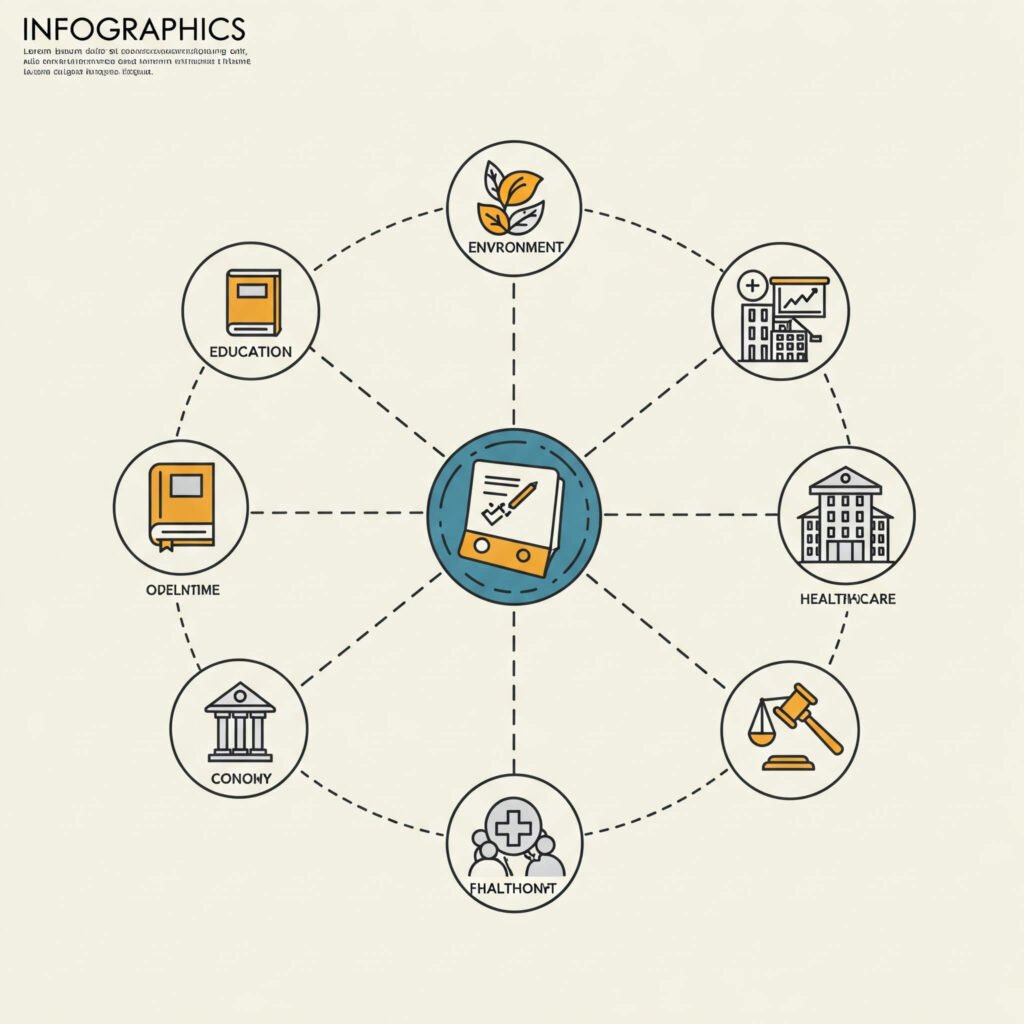Let’s be honest. In 2025, facing the endless news cycle, political gridlock, and broken promises, it’s easy to feel deeply cynical about politics and wonder if your vote truly makes a difference. You’re not alone in asking, ‘Why bother?’ But despite these understandable frustrations, understanding Why Voting Still Matters in 2025 is crucial. Your participation, even when you feel disillusioned, remains one of your most powerful tools for shaping the world around you.
This post cuts through the cynicism to show you the tangible, real-world reasons your vote impacts everything from your local park to national policy.
Why Voting Still Matters in 2025: Addressing the Cynicism Head-On
It’s crucial to acknowledge the roots of voter cynicism. Maybe you feel like politicians don’t represent your interests, that money in politics drowns out your voice, or that the pace of change is frustratingly slow. Perhaps you’ve felt disappointed by elected officials in the past. These are valid feelings that many people share.
However, letting cynicism lead to inaction cedes power. It allows decisions about your life, your community, and your future to be made solely by those who do vote – who may not share your perspective or priorities. Understanding why voting still matters in 2025 means looking beyond the national spectacle and recognizing the practical consequences of elections at all levels.
How Your Vote Still Matters in 2025: Beyond the Headlines
While presidential elections grab headlines, a significant part of why voting still matters in 2025 lies in the less glamorous, but equally impactful, elections happening closer to home.
Shaping Local Communities (Where Your Vote Often Has the Biggest Immediate Impact)
Think about the issues that directly affect your daily life: the quality of local schools, the condition of roads, public safety, local taxes, park maintenance, zoning laws that determine what can be built in your neighborhood.
These decisions are made by local officials – mayors, city council members, school board members, county commissioners. Turnout in these local elections is often significantly lower than national elections, meaning your vote carries proportionally more weight.
- Real-World Example: A school board election decided by a few dozen votes can determine curriculum, funding for arts programs, or teacher salaries in your district. A city council vote might approve a new community center or halt a controversial development.
- Actionable Takeaway: Research the candidates and issues on your local ballot. Often, their impact is more immediate and visible than national politics. [Outbound Link Placeholder: Alt Text – Find your local elected officials]
Influencing State-Level Policies (That Directly Affect Your Daily Life)
State governments pass laws that impact everything from environmental regulations and healthcare access to voting rights and education funding. Your state legislators and governor make decisions that can significantly alter the landscape of your life and community.
- Policy Areas Affected by State Elections:
- Education standards and funding
- Healthcare policy (like Medicaid expansion)
- Environmental protection laws
- State tax rates and budgets
- Criminal justice reform
- Labor laws
- Understanding why voting still matters in 2025 at the state level means recognizing the power statehouses hold in shaping policies that often precede or influence federal action.

National Elections: The Cumulative Effect of Your Vote
Yes, casting a single vote in a national election can feel like a drop in a vast ocean. But oceans are made of countless drops. National elections for Congress and the Presidency determine:
- The direction of federal policy on major issues (economy, healthcare, climate change, foreign policy)
- Appointments to federal courts, including the Supreme Court, which can have long-lasting impacts on fundamental rights.
- Leadership of federal agencies that implement laws and regulations.
Historically, major shifts in policy and narrow election outcomes have been decided by relatively slim margins, sometimes just a few thousand votes across a district or state. Your vote, combined with others who think similarly, contributes to the collective will that shapes the national agenda.

Why Voting Still Matters in 2025: Voting as a Signal and a Tool for Accountability
Beyond electing individuals, voting is a powerful act of communication and accountability.
- Sending a Signal: High voter turnout on specific issues or demographics signals to politicians that certain concerns are important and cannot be ignored. Low turnout can signal apathy, leading politicians to prioritize other groups.
- Holding Accountable: The possibility of being voted out of office is a primary mechanism of accountability in a democracy. Your vote is your formal evaluation of an elected official’s performance. It encourages them to consider public opinion (or risk losing their job).
Overcoming Voter Apathy in 2025: Taking Action
Feeling apathetic is understandable, but it’s not a permanent state. If you’re asking yourself why voting still matters in 2025, here are some steps you can take to feel more engaged and empowered:
- Get Informed (Beyond the Headlines): Look for non-partisan sources to understand candidates’ actual platforms and the details of ballot measures. Focus on the issues that matter most to you.
- Know Your Ballot: Don’t just focus on the top of the ticket. Research all the offices and questions on your specific ballot (local judges, bond measures, referendums).
- Understand the Process: Make sure you’re registered to vote and know how, when, and where to cast your ballot (in person, by mail, early voting). Deadlines vary! [Outbound Link Placeholder: Alt Text – Check your voter registration status]
- Talk (Respectfully) to Others: Discussing issues with friends and family can clarify your own views and encourage others to participate.
- Consider More Than Just Candidates: Many elections include ballot measures or propositions that allow you to vote directly on specific policies, bypassing individual politicians.

Why Voting Still Matters in 2025 for Your Future
Ultimately, the answer to why voting still matters in 2025 comes back to your own life and the world you want to live in. The policies enacted by elected officials impact your economic opportunities, your rights, the quality of your environment, your access to healthcare, and the education your children or future children will receive.
Your vote is an investment in the future. It’s a declaration that you have a stake in society and a right to influence its direction. While change can be slow and frustrating, participating in the democratic process is a fundamental way to push for the changes you wish to see.
It might not be a magic wand, but voting is a necessary tool in the ongoing work of building a more representative and responsive government. Don’t let cynicism silence your voice. Understand why voting still matters in 2025, get informed, and make your voice heard.

